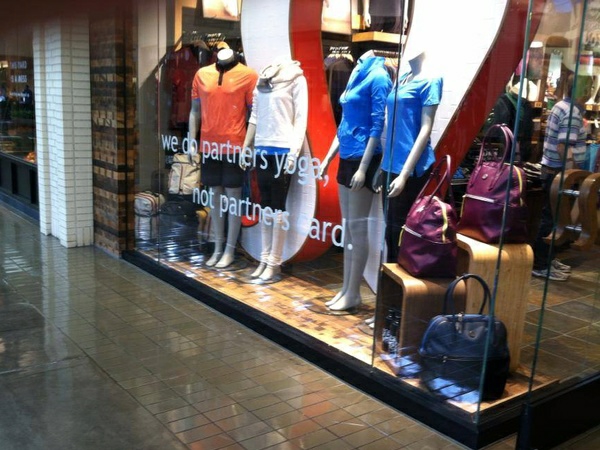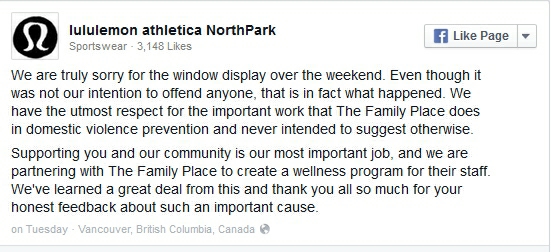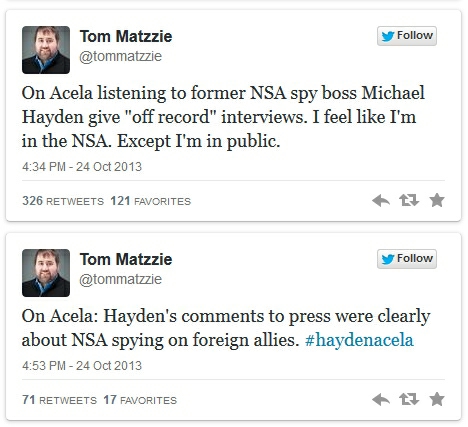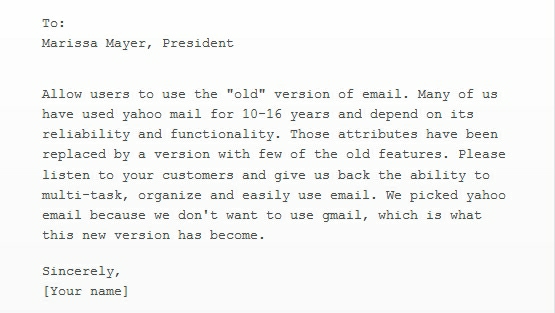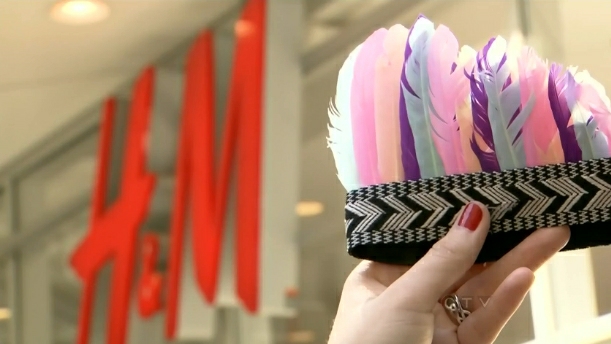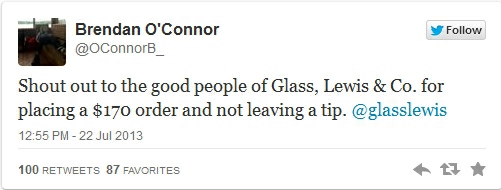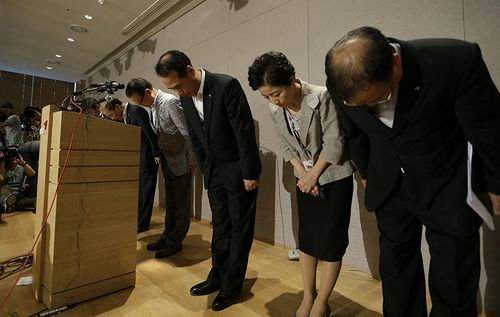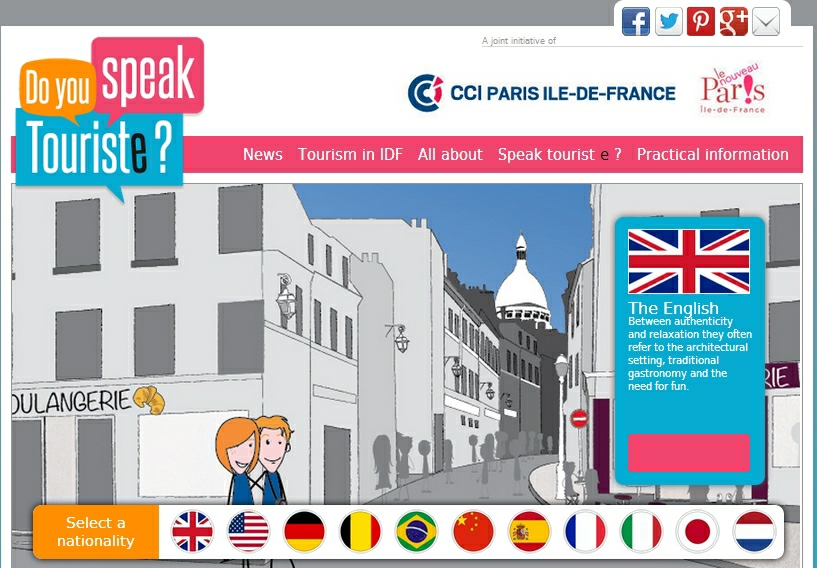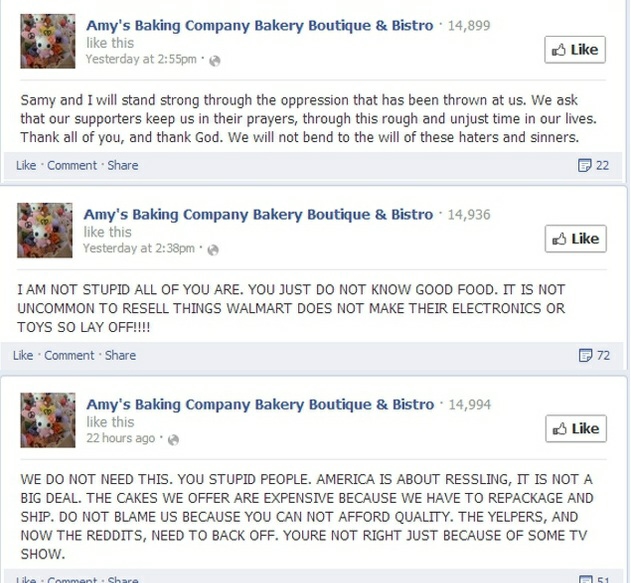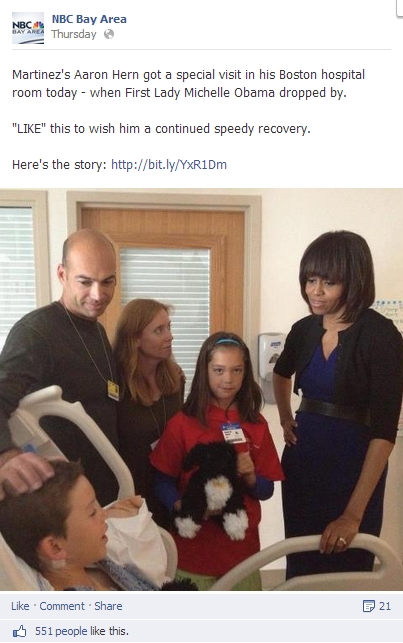Marine General James Mattis's email response to a colleague who was "too busy to read" offers good lessons for business leaders-and writers. The 2004 email went viral and was recently published on a blog and picked up by Business Insider.
Here is the email:
The problem with being too busy to read is that you learn by
experience (or by your men's experience), i.e. the hard way. By reading,
you learn through others' experiences, generally a better way to do
business, especially in our line of work where the consequences of
incompetence are so final for young men.
Thanks to my reading, I have never been caught flat-footed by any
situation, never at a loss for how any problem has been addressed
(successfully or unsuccessfully) before. It doesn't give me all the
answers, but it lights what is often a dark path ahead."
With [Task Force] 58, I had w/ me Slim's book, books about the Russian and British experiences in [Afghanistan], and a couple others. Going into Iraq, "The Siege" (about the Brits' defeat at Al Kut in WW I) was req'd reading for field grade officers. I also had Slim's book; reviewed T.E. Lawrence's "Seven Pillars
of Wisdom"; a good book about the life of Gertrude Bell (the Brit
archaeologist who virtually founded the modern Iraq state in the
aftermath of WW I and the fall of the Ottoman empire); and "From Beirut
to Jerusalem". I also went deeply into Liddell Hart's book on Sherman,
and Fuller's book on Alexander the Great got a lot of my attention
(although I never imagined that my HQ would end up only 500 meters from
where he lay in state in Babylon).
Ultimately, a real understanding of history means that we face NOTHING new under the sun.
For all the "4th Generation of War" intellectuals running around
today saying that the nature of war has fundamentally changed, the
tactics are wholly new, etc, I must respectfully say … "Not really":
Alex the Great would not be in the least bit perplexed by the enemy that
we face right now in Iraq, and our leaders going into this fight do
their troops a disservice by not studying (studying, vice just reading)
the men who have gone before us.
We have been fighting on this planet for 5000 years and we should
take advantage of their experience. "Winging it" and filling body bags
as we sort out what works reminds us of the moral dictates and the cost
of incompetence in our profession. As commanders and staff officers, we
are coaches and sentries for our units: how can we coach anything if we
don't know a hell of a lot more than just the [Tactics, Techniques, and
Procedures]? What happens when you're on a dynamic battlefield
and things are changing faster than higher [Headquarters] can stay
abreast? Do you not adapt because you cannot conceptualize faster than
the enemy's adaptation? (Darwin has a pretty good theory about the outcome for those who cannot adapt to changing circumstance - in the information age things can change rather abruptly and at warp speed, especially the moral high ground which our regimented thinkers cede far too quickly in our recent fights.) And how can you be a sentinel and not have your unit caught flat-footed if you don't know what the warning signs are - that your unit's preps are not sufficient for the specifics of a tasking that you have not anticipated?
Perhaps if you are in support functions waiting on the warfighters to
spell out the specifics of what you are to do, you can avoid the
consequences of not reading. Those who must adapt to overcoming an
independent enemy's will are not allowed that luxury.
This is not new to the USMC approach to warfighting - Going into
Kuwait 12 years ago, I read (and reread) Rommel's Papers (remember
"Kampstaffel"?), Montgomery's book ("Eyes Officers"…), "Grant Takes
Command" (need for commanders to get along, "commanders' relationships"
being more important than "command relationships"), and some others.
As a result, the enemy has paid when I had the opportunity to go
against them, and I believe that many of my young guys lived because I
didn't waste their lives because I didn't have the vision in my mind of
how to destroy the enemy at least cost to our guys and to the innocents
on the battlefields.
Hope this answers your question…. I will cc my ADC in the event he
can add to this. He is the only officer I know who has read more than I.
We know that General Mattis is an avid reader because he writes well. Reading is essential for good writing.
Discussion Starters:
- What do you read? In what ways does it help you?
- Do you agree with my assertion that reading is essential to good writing? Why or why not?

